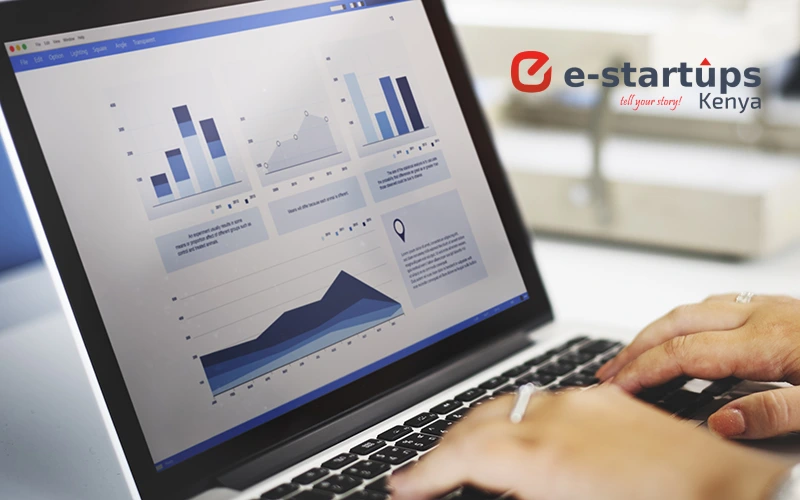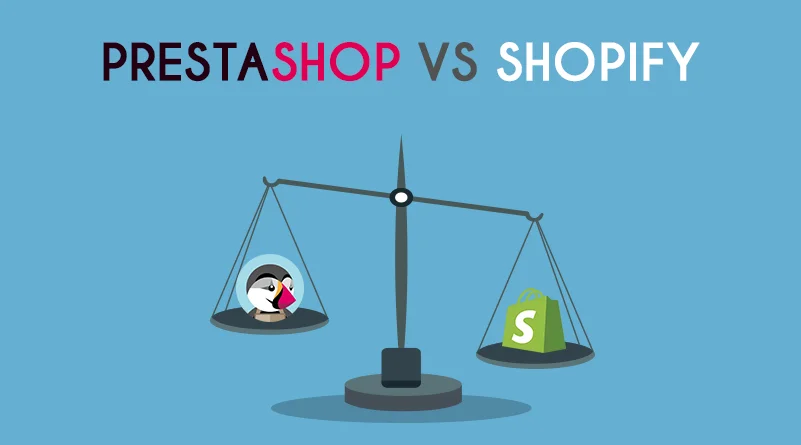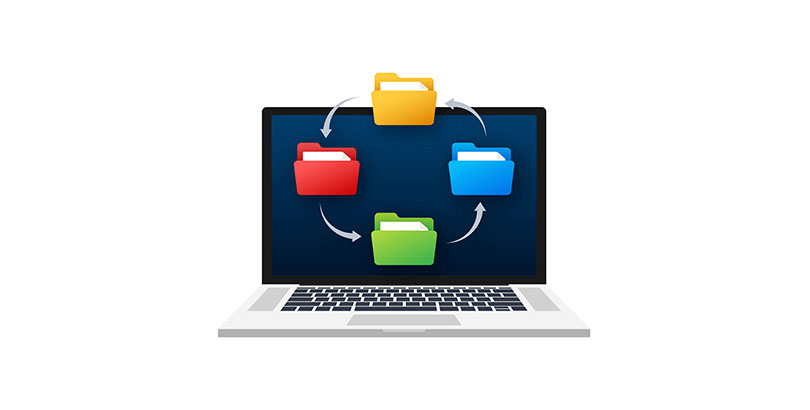Introduction
In Kenya today, business decisions are no longer driven by guesswork or gut feeling alone. From Nairobi to Mombasa, small and medium enterprises are realizing that data is the new oil. Companies that rely on structured information are moving faster, reducing costs, and providing better customer experiences compared to those that still depend on trial and error.
Data analytics is giving entrepreneurs and corporates the ability to understand trends, predict customer behavior, and identify opportunities long before competitors catch on. Whether it is a small online shop using sales data to improve marketing or a logistics company mapping delivery routes through real time analytics, the message is clear. Data is now a critical asset for growth.
Why Data Analytics Matters in Kenya
The Kenyan market is highly dynamic. Consumer tastes change quickly, digital platforms evolve, and competition is stiff. Businesses that ignore the power of analytics risk being left behind. According to research by GSMA, mobile internet penetration in Kenya has grown rapidly, meaning businesses are now producing vast amounts of digital data every day.
Analytics helps to transform this raw information into meaningful insights. For instance, supermarkets can track buying patterns to know which products are in demand during specific seasons. Banks use analytics to detect fraud and improve customer service. Even small businesses selling via Instagram can measure engagement data to know which posts drive sales. The impact stretches across all industries.
Key Ways Data Analytics is Driving Smarter Decisions
I. Improved Customer Understanding
Kenyan businesses are now using analytics to understand what their customers really want. Instead of making assumptions, companies can track purchase history, online interactions, and feedback. This allows them to design products and services that meet real needs. For example, ride-hailing companies in Nairobi use data to identify the busiest times of day and adjust pricing or driver availability accordingly.
II. Better Financial Management
Cash flow is a major challenge for startups and SMEs. Through data analytics, businesses can monitor sales, expenses, and payment trends in real time. This makes it easier to project revenue, identify losses early, and optimize costs. Even simple point-of-sale systems used in retail shops now provide daily reports that guide owners in making decisions about stocking and pricing.
III. Enhanced Marketing Strategies
Marketing is no longer about putting out random ads and hoping for the best. With analytics, businesses can track the performance of campaigns and know which platforms deliver the highest return. A Kenyan fashion brand, for instance, can use data to determine whether Instagram ads or TikTok influencers are bringing in more customers. This makes marketing spend more efficient and impactful.
IV. Streamlined Operations
Data analytics is also improving efficiency in day-to-day operations. Logistics firms are using route optimization analytics to save on fuel and reduce delivery times. Manufacturers are monitoring production data to minimize waste and ensure quality control. Even in agriculture, farmers are using data-driven platforms to predict rainfall patterns and make informed planting decisions.
V. Risk Management and Fraud Detection
Banks, SACCOs, and fintech startups in Kenya are leveraging analytics to detect fraud patterns and reduce financial risks. By analyzing transaction data, unusual activities can be flagged instantly, protecting both customers and institutions. Insurance firms are also applying analytics to assess claims and reduce fraud-related losses.
Real-World Examples in Kenya
A good example is Safaricom’s use of data to power M-Pesa services. By analyzing customer transactions, Safaricom has been able to introduce products such as Fuliza and M-Shwari, which are tailored to real user behavior. Similarly, e-commerce platforms like Jumia rely on customer data to recommend products, improve logistics, and run targeted promotions.
On a smaller scale, local restaurants in Nairobi are using point-of-sale systems to analyze peak dining hours, customer preferences, and sales trends. This helps them optimize menus, staff shifts, and promotions. Even boda boda delivery services are collecting data on orders and locations to decide where to deploy riders for maximum efficiency.
Why Partner with E-Startups Kenya
At E-Startups Kenya we help businesses unlock the full potential of their data. Our solutions include cloud-based analytics platforms, customer relationship management systems, AI-powered insights, and tailored dashboards that give you actionable information.
We work with SMEs, corporates, and startups across sectors such as ecommerce, fintech, agritech, and healthcare. Whether you need to understand customer behavior, improve marketing ROI, or streamline operations, we provide the tools and expertise to make data work for you.

FAQs
What is data analytics in simple terms
It is the process of examining data to find useful information that guides better business decisions.
Do small businesses in Kenya really need data analytics
Yes, even a small business benefits from tracking sales, customer interactions, and marketing performance.
What tools are available for Kenyan businesses
Businesses can use CRM systems, cloud platforms, Google Analytics, and custom dashboards provided by companies like E-Startups Kenya.
Is data analytics expensive
Not necessarily. There are affordable solutions for SMEs and startups, and the returns in efficiency and growth outweigh the costs.
How can E-Startups Kenya support my business
We provide tailored digital solutions, including data analytics, website development, ecommerce platforms, and AI-powered automation to help businesses grow.
Conclusion and Call to Action
Data analytics is no longer a luxury for big corporations alone. In Kenya, it is becoming the backbone of smart business decisions across industries. From understanding customers better to managing risks and optimizing operations, the power of data is clear.
The question is not whether you can afford to adopt analytics but whether you can afford not to. At E-Startups Kenya we are ready to help you take the next step.
👉 Contact E-Startups Kenya today and discover how we can transform your business through data-driven decision-making.




























